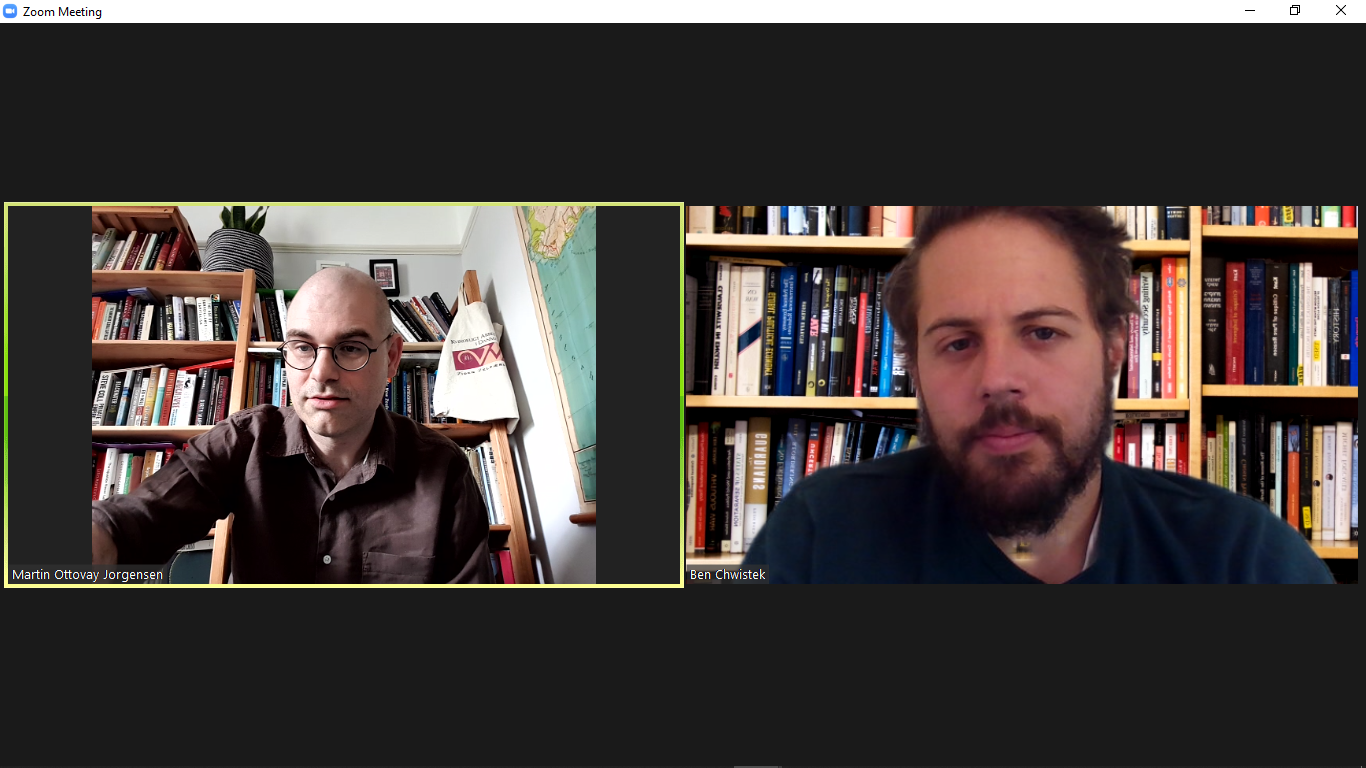
History can be understood as a diverse way of engaging the past. We can study particular regions, communities, periods and themes or make cross-cutting connections. Studying, for example, the histories of agriculture in the Americas thousands of years ago, medieval African kingdoms, Feminist histories of the First World War, the memory or forgetting of shared pasts in former colonies and empires and the history of climate change all ways to build understandings of the past in one way or the other.
Yet recent months have brought the past into the present in different ways beyond how we study the past. Various actions and reactions in different cities have brought with them an increased societal engagement with the past, also the parts many seem less interested in.
In doing so, these discussions, confrontations and conflicts have brought to the fore questions that are all too easily and indeed often ignored. However, the complicated and difficult questions are central to how we as societies, communities, families and individuals make sense of the past.
Some of these questions are: What is history? What does history mean? And to whom (and therefore why it is important)? And, not least, who gets to decide what history should be?
In some ways, both history as ways to study the past and our memories of the past in popular culture, public debate and politics seems intimately linked with the state of our democracy.
At City Lit, we offer a wide range of courses: long and short, niche and broad brush, ancient, contemporary and anything in between. These can all be found in our history section.
If you are curious but unsure whether one of our courses might be for you, City Lit tutors Dr Benjamin Chwistek & Dr Martin Jorgensen offer two free history tasters in September:









